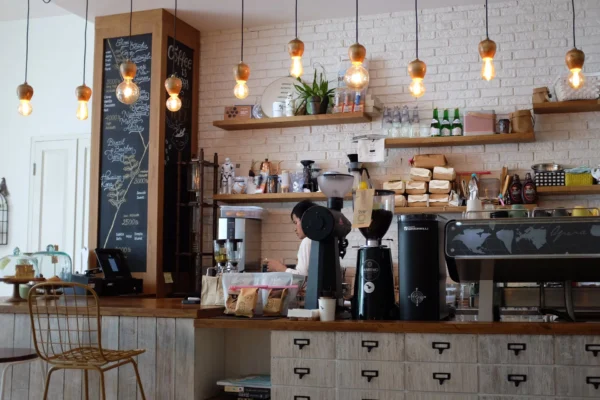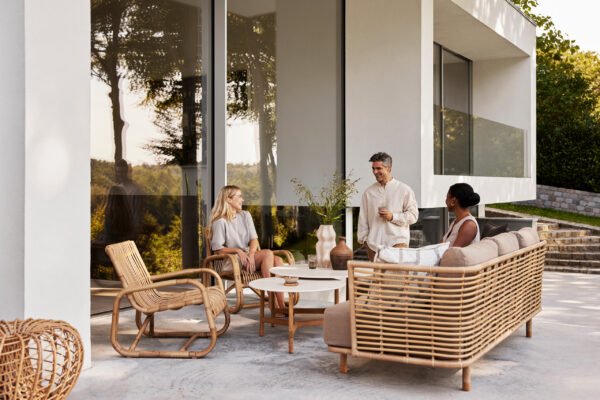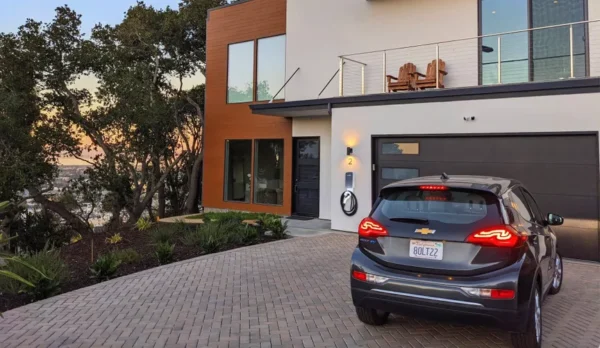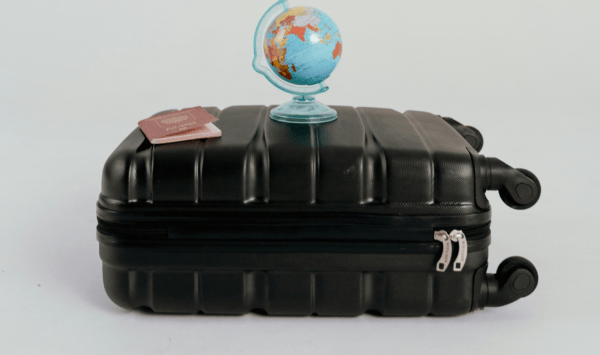
These are the UK’s ‘Blue Zones’ – Expert Tips on How to Live a Healthier Life in 2025

Those who have seen the Netflix series, ‘Secrets of the Blue Zones’, will be familiar with the term ‘Blue Zones’. The label is used to describe a region of the world where people live longer and healthier lives than average. Some official Blue Zone destinations across the world include; Okinawa in Japan, Sardinia in Italy, Nicoya in Costa Rica, Loma Linda in California, USA, and Ikaria in Greece.
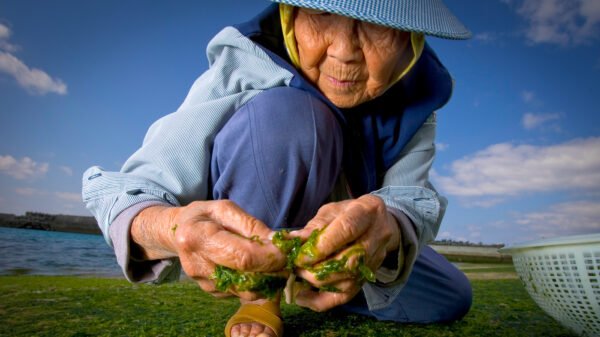
According to Dan Buttener, the journalist and longevity expert who initially coined the term, ‘Blue Zones’, people that live in these areas have a number of lifestyle traits in common. These include; a diet made up of whole foods and plant-based ingredients, taking part in daily rituals to unwind and reduce stress and move naturally every day. People living in Blue Zones also tend to avoid over-eating, and prioritise their families and close relationships.
Whilst smoking, which is the biggest threat to our general health, is still prevalent in a number of Blue Zones, it is not a common behaviour. Since the initial Blue Zone areas were identified, Dan Buttener has been working to promote healthy lifestyles and create more Blue Zones across the world, by working to drive down smoking rates, as well as reduce healthcare costs and obesity rates.
Blue Zones in the UK
It probably won’t come as a surprise that there are no official Blue Zone areas in the UK. In fact, many studies show that the population’s health is in decline. In 2023, hospital admissions due to obesity increased by 13% compared to the previous year, and admissions due to smoking increased by 5% over the same period.
Smoking is the number one biggest threat to our health, Dan Buttener says: “The biggest threat to improving our lifestyles has been cigarette smoking. That trumps everything else. Once you’re a nonsmoker, I would try to get you to learn to develop a moderate lifestyle in regard to your weight to build into your daily routine enough exercise to keep you going.”
When it comes to diet, the number of people with diabetes is at an all-time high in the UK. It’s estimated 5.6 million people live with diabetes, this includes 4.4 million who have been diagnosed, and 1.4 million who are likely to have type 2 diabetes but are undiagnosed.
Dr Claire Merrifield, GP and medical director at Selph, comments: “Essentially, people that live in Blue Zones have created a lifestyle that is centred around being healthy, both physically and mentally.
“It’s something that may seem far removed from our culture here in the UK, as most of us live an extremely fast-paced lifestyle – putting work and money first ahead of our own health and relationships. It’s not a coincidence that people living in these Blue Zone regions live longer because they are less stressed, and prioritise their health above all else.”
Whilst there are no ‘official’ Blue Zone areas in the UK, there are some cities that have some similarities to this healthy way of life.
To find out where the healthiest and least healthy cities are in the UK, the health experts at Selph conducted a study to unearth the common lifestyle habits of people across the UK.
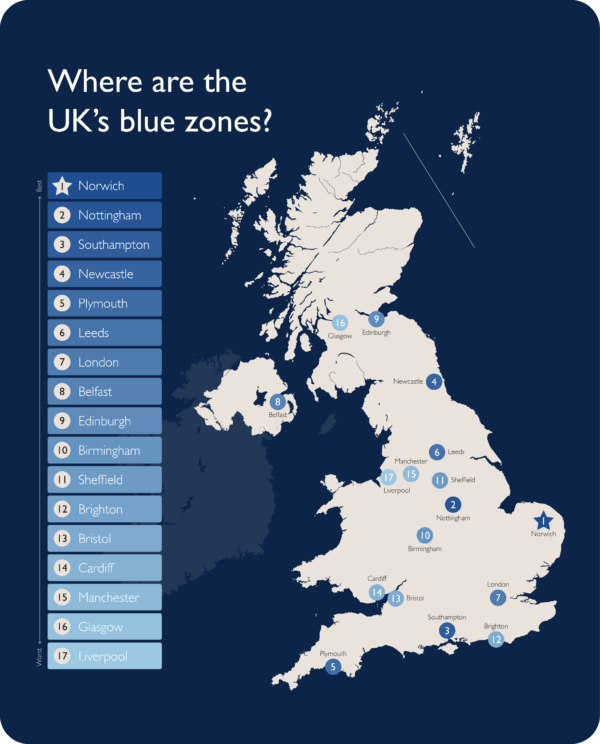
In Norwich, a quarter (24%) of people eat Ultra Processed Foods (UPFs) just once a week. Almost 20% of people surveyed in Norwich do not drink alcohol and if they do, two fifths (40%) have less than 3 drinks at a time whenever they do.
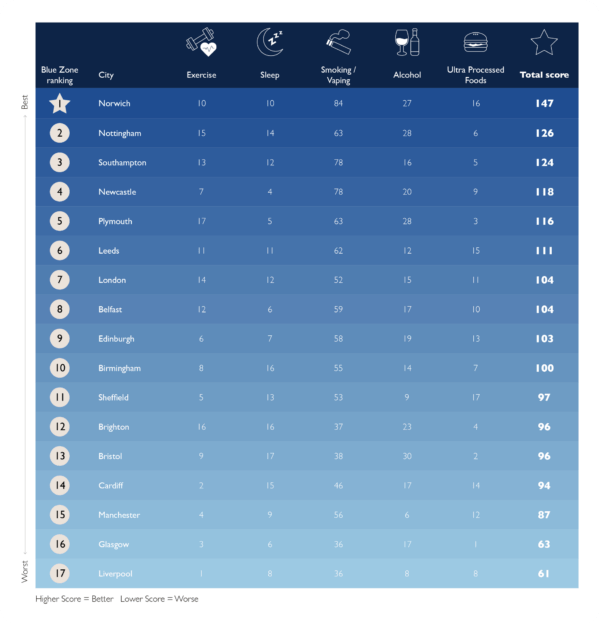
In Nottingham, almost half (47%) of people exercise 4-7 days a week, and over half have never smoked or vaped. In Southampton, almost 70% of people have never smoked or vaped, and 30% of people eat UPFs just 2-3 days a week.
The study found the ‘least healthy’ city in the UK is Liverpool, where one in ten (10%) of people surveyed said they do not exercise at all. When it comes to alcohol consumption, 22% of people said they have 5-6 drinks at a time, and a quarter of people drink 2-3 times a week.
So what lessons can we take from the Blue Zone lifestyle in order to live healthier in the UK? Dr Merrifield shares her top tips with us:
- Make time to unwind and de-stress each day
“Stress isn’t something that just impacts our mental health, it also impacts us physically. Putting time aside each day to unwind, even just 10 minutes, can make a huge difference to how we sleep, and how we focus each day. We may not even realise the pressures we are putting on ourselves each day, but with the fast-paced nature of juggling work, parenting and whatever else it may be, it is easy not to prioritise self-care.
“Allocating a small amount of time at the end of each day to switch off from our devices and meditate or practice a calming routine such as yoga or mindfulness, can really improve our sleep and general wellbeing.”
- Eat more whole foods
“When we say ‘whole foods’ we mean foods that are not Ultra Processed Foods (UPFs). A good rule of thumb is, if you buy something from the supermarket and the ingredients list is primarily made up of things that you wouldn’t find in your kitchen cupboard, then it’s likely to be a UPF.
“UPFs tend to be higher in saturated fats, sugars and trans fats. They have been linked to a number of chronic diseases such as heart disease, diabetes and cancer.
“A lot of pre-made sauces, breakfast cereals, packaged cakes, long-life bread, biscuits and chocolate are UPFs. Try to opt for fresh fruit and vegetables, make food from scratch, and use your own herbs and spices when cooking.”
- Exercise a little bit every day
“This won’t be the first time you’ve heard a health expert stressing the importance of exercise, but along with a healthy diet, it really is the key to staying healthy and avoiding life-threatening illnesses.
“Adults should be aiming for at least 30 minutes of moderate exercise, 5 days a week. This should be a combination of activity that increases the heart rate, and also training to improve muscle and joint strength.”
- Change your relationship with alcohol
“In the UK, we have a tendency to think it’s ‘ok’ to only drink on a weekend, even if that means we end up having more than 5 drinks at a time. That is considered binge drinking, and drinking large amounts over a short period of time is much worse for our bodies than drinking a smaller amount, less regularly.
“In Sardinia, one of the Blue Zone destinations, their drinking culture very much revolves around socialising with family and friends, and food. Unlike in the UK, where there is a much bigger culture around drinking for ‘drinking sake’ (aka, to get drunk).
“Alcohol is effectively a poison to our bodies, so drinking it respectfully, in fewer quantities and only on social occasions, will have a much more positive impact on our bodies.”
- Prioritise relationships with family and friends
“Another lifestyle habit that is adopted in many Blue Zone destinations is building a life around family and friends. Whilst not everyone has the privilege of being able to do this, for those who can, surrounding ourselves with people we love and care about is good for our mental and physical health.
“Keeping in contact with and regularly seeing family and friends we are close with helps to reduce stress and anxiety, and helps us avoid negative coping mechanisms (such as alcohol).”
For more information about Selph’s research into the UK’s Blue Zones, visit: https://www.selph.co.uk/learn/health-optimisation/blue-zones-of-the-uk
They polled 2,000 Brits across 17 major cities, asking questions about their smoking, drinking, exercise, diet and sleep habits.
The study revealed Norwich is the city with the most synergy to the Blue Zone lifestyle, closely followed by Nottingham and Southampton.






















